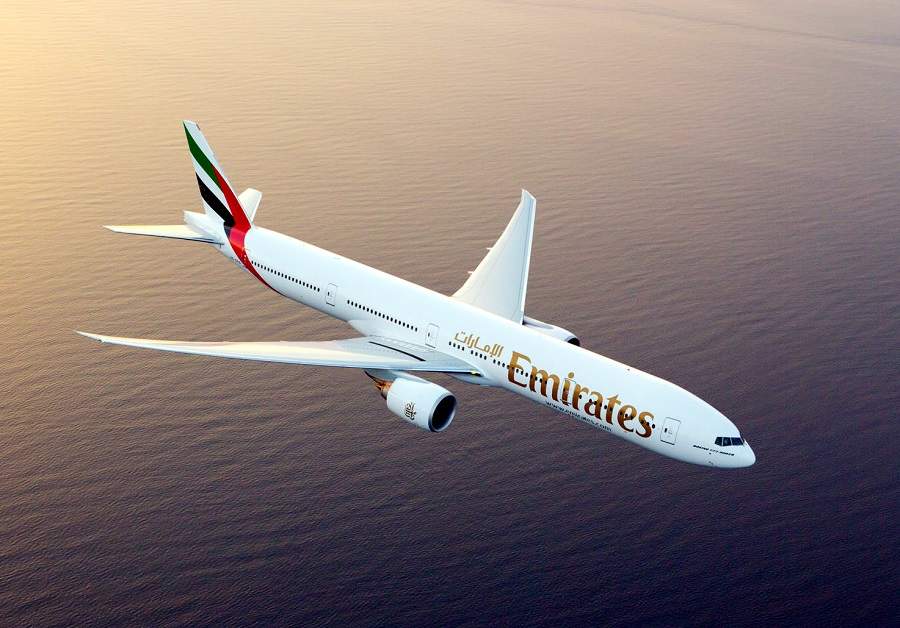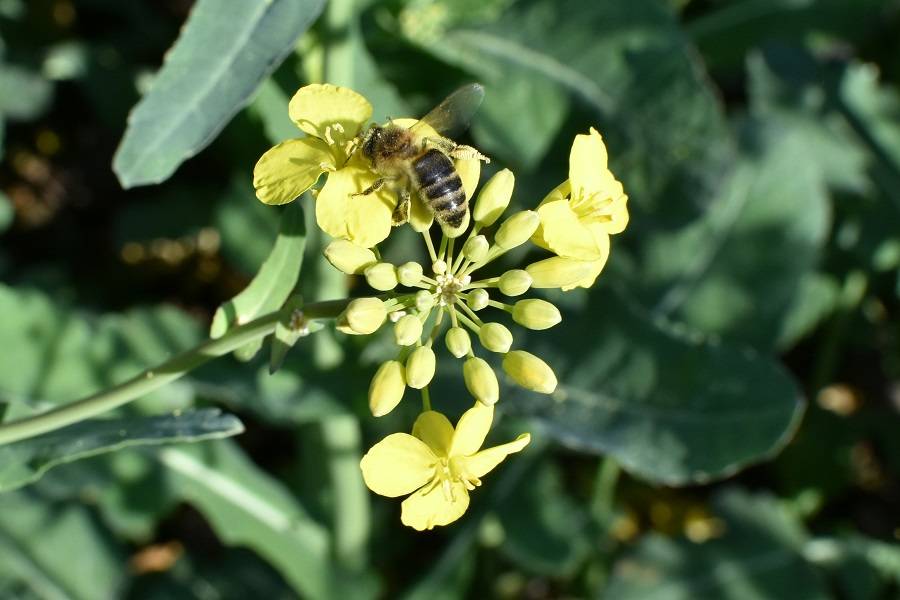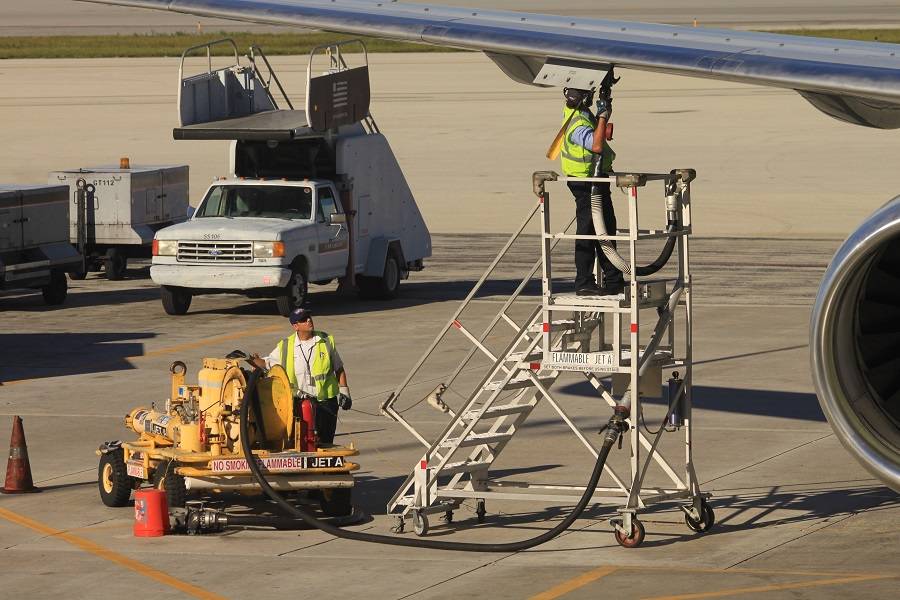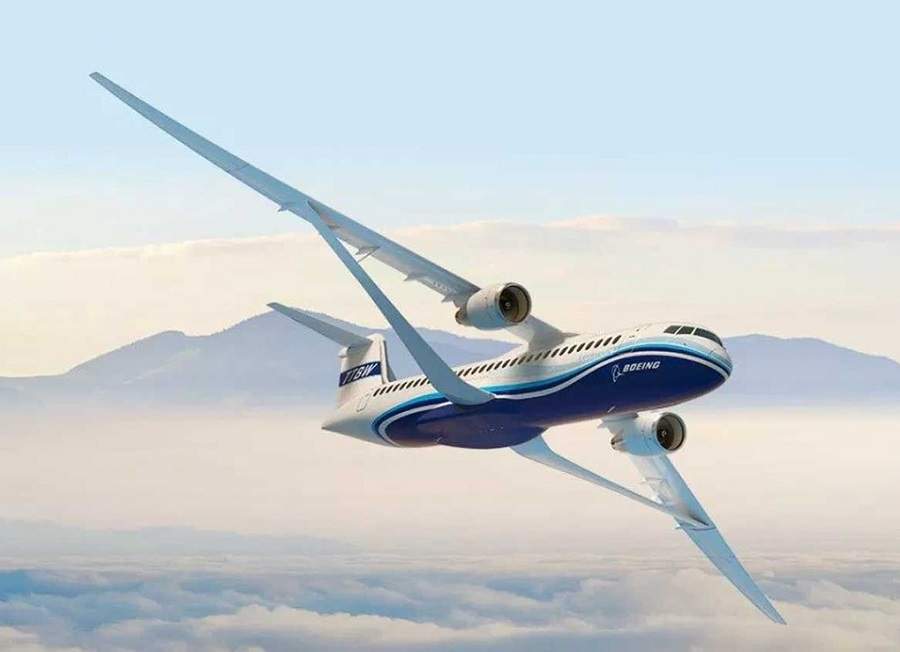On Friday, Boeing committed to making its aircraft capable of running on 100% sustainable fuels by the end of the decade. Its commitment includes both its future and its current aircraft! But what does it all mean?
There have already been a number of well-publicised efforts, to fly airliners on sustainable fuels. In theory, this is relatively easy. Jet engines are the ultimate multi-fuel engines: they can run on just about anything – with some caveats. They have to be set up properly, and have the right components for the task. Boeing state that they have already performed test flights with 100% sustainable fuels, in their aircraft.
However, doing it as a test is one thing, certifying its fleet to do it routinely, is another. To achieve its goal for a 100% sustainable fuel capability, Boeing needs much more testing. And they will also need authorities to change some rules, regarding fuel specifications in commercial flights. Basically, they will need the removal of a limit, allowing them to have a maximum of 50% sustainable aviation fuels in a fuel blend.

But Boeing is confident that this will happen. There have already been plenty of tests with such fuels, but to certify its airliners, will require a fair bit of work. The setup work mentioned above is by no means simple. It could involve changing fuel filters, pumps and piping, in entire fleets of aircraft. It could also include more changes to airport fuel vehicles and other installations. Boeing would need to test all this with 100% sustainable, certified fuels.
Some Potential Issues: Scale, Supply And Specifications
We have already seen Airbus presenting a number of concepts and studies, regarding hydrogen, electric and hybrid aircraft designs. These technologies all have one common obstacle: scale. Embraer believes that maximum capacity for all-electric aircraft, in the next 10-15 years, could be up to 50 seats. So, they decided to make their next 76-seat regional into an efficient but conventional turboprop. Others go smaller.
Boeing’s 100% sustainable fuel-burning jets, have a different scaling problem: fuel supply. In 2010, estimates put the worldwide demand for jet fuel at 5,220,000 barrels. There are several potential sources for sustainable jet fuels (100% or blends) out there. Some use algae as source material, or non-recyclable household waste, used vegetable oils or rapeseed oil.

In many ways, the big challenge here is not so much the aircraft and its jet engines. It is how to come up with a dependable supply chain, for 100% sustainable fuels, for Boeing and other jets. Whatever the source, fuel needs to have consistent specifications and quality, if it’s going to be acceptable.
Boeing’s Chief Sustainability Officer Chris Raymond, said:
“With a long history of innovation in sustainable aviation fuels, certifying our family of airplanes to fly on 100% sustainable fuels significantly advances Boeing’s deep commitment to innovate and operate to make the world better. Sustainable aviation fuels are proven, used every day, and have the most immediate and greatest potential to reduce carbon emissions in the near and long term when we work together as an industry.”

Are Boeing’s 100% Sustainable Fuels A Long-Term Solution?
Boeing knows that making its jets capable of running on 100% sustainable fuels is only half the battle. They quote an 80% reduction in CO2 emissions with sustainable fuels, possibly rising to 100% in future. That is over the fuel’s life cycle, meaning that the fuel could have multiple uses. It could start life as cooking oil, then become jet fuel, for instance. Or it could start as a by-product in creating animal feed.
And yet, despite this 80-100% reduction in CO2 emissions, Boeing estimates a reduction in CO2 emissions by “only” 50% by 2050, with aircraft capable of using 100% sustainable fuels. So, the planes being capable of running on 100% sustainable fuels, is one thing. But these numbers strongly suggest that Boeing isn’t sure that enough of these fuels will be available.

Worldwide demand for aviation fuel tripled in the thirty years between 1980 and 2010. Aviation capacity has been increasing in the last 10 years, too. Even with fuel efficiency improvements driving down demand for fuel, we all simply fly more. However, it could be argued that all this is about timing. Boeing’s 100% sustainable fuel plans aim to give time to develop newer, cleaner technologies.
Airbus believes that a new generation of hydrogen airliners could be operational by 2035. Boeing, on the other hand, thinks that an electric, 737-sized airliner can’t come before 2050. And perhaps that’s the whole point. Boeing wants its conventional jets running on 100% sustainable fuel, reducing CO2 emissions, giving it time for the next developments.
We can only hope that Boeing succeeds, and that supply for 100% sustainable fuel materializes. But crucially, we are eagerly waiting to hear from them, about their long-term plans: electric, hydrogen or… other?



